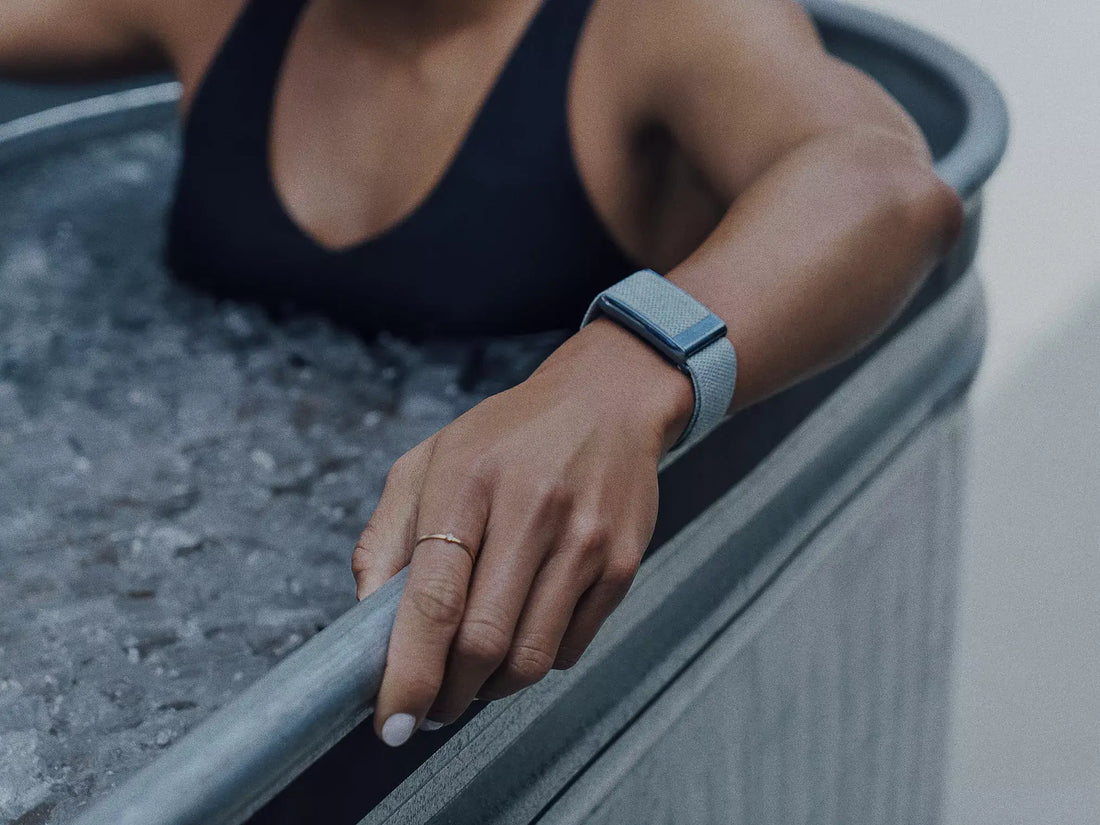
What are wearables and how reliable are they?
Share
Wearable technology, also known as wearables, refers to (smart) electronic devices that can be incorporated into clothing or worn on the body, for example as an implant or accessory. Simply put, wearable technology is a general term for a large group of devices, including fitness trackers and smartwatches, that are designed to be worn and incorporate electronics.
If you want to gain more insight into your night's sleep, wearing a wearable can help. The use of a sleep tracker makes you extra aware of your sleep (behavior).
Many people feel that they could sleep better with a sleep meter. Others like to learn more about their sleep. The apps show how much you slept and how the night went. Usually in the form of a graph. You can also view overviews per week or month and thus gain insight into your sleeping pattern.
What sleep information can you measure with a wearable?
As you may already know, your sleep consists of different stages. These alternate throughout the night. You have a falling asleep phase, light and deep sleep, but also REM sleep. REM stands for Rapid Eye Movement. Each stage has its own function:
- Falling asleep phase: the first phase is between being asleep and being awake. The falling asleep phase lasts 3 to 5 minutes and in this phase your body temperature drops, your brain activity decreases and you are still easily awakened by sounds.
- Light sleep: in this phase you don't wake up just because of every sound. But you are easily awakened. You usually spend most of the night in this phase.
- Deep sleep: This phase is mainly about your body. Your breathing and your heart rate drop to the lowest level. When you wake up now you feel confused and need time to realize where you are. This phase mainly ensures physical recovery and physical rest.
- REM sleep: unlike deep sleep, there is brain activity in the REM phase, while the muscles are completely relaxed. Dreams have a function in this phase: they are needed to process information from the day and certain things are stored in our long-term memory.
In short, research has shown that people feel worse if an app tells you that you have not slept well. It can also have a positive influence. In general, high-quality wearables are great to use to gain better insights into your night's sleep. If you are looking for detailed sleep analyzes there will be more to it. Then your brain activity is accurately measured and your entire body is monitored.
It differs per person how you interpret it and can turn out to be both negative and positive. The advantage is that many manufacturers of wearables invest heavily in data analysis, making them increasingly reliable.

